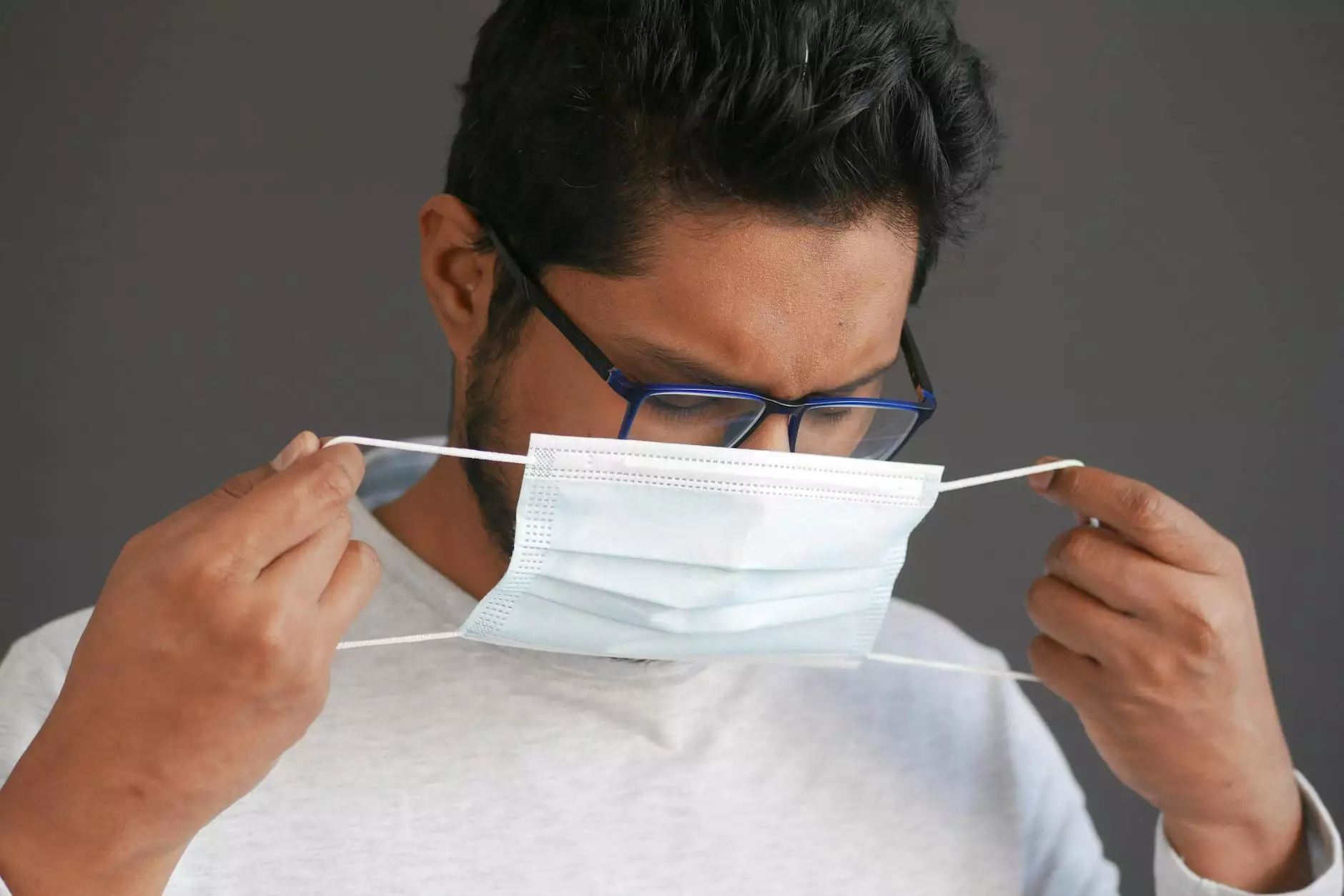Lung Doctor: Your Guide to Expert Care for Respiratory Health

In an ever-evolving world where health challenges are prominent, the role of a lung doctor has become increasingly vital. These specialists, often referred to as pulmonologists, dedicate their careers to understanding and treating respiratory disorders that can significantly impact overall health. This article delves into the significance of consulting a lung doctor, what to expect during visits, and how these professionals play a crucial role in managing health.
The Importance of Lung Health
The lungs are one of the most essential organs in the human body, responsible for the delicate process of gas exchange. They supply our bodies with oxygen and remove carbon dioxide, making them critical for sustaining life. But like any other organ, the lungs can become compromised due to various factors such as:
- Environmental pollutants
- Cigarette smoke
- Occupational hazards
- Genetic factors
- Pre-existing health conditions
Maintaining lung health is paramount, not just for surviving but thriving. Engaging a lung doctor can be an essential step towards achieving optimal respiratory health.
What Does a Lung Doctor Do?
A lung doctor specializes in diagnosing, treating, and managing respiratory system diseases and conditions. Their expertise encompasses a wide variety of health issues such as:
- Asthma
- Chronic Obstructive Pulmonary Disease (COPD)
- Pneumonia
- Sleep Apnea
- Lung Cancer
- Interstitial Lung Diseases
Diagnosis and Assessment
When you visit a lung doctor, the assessment often begins with a comprehensive evaluation of your medical history. They may also conduct various tests including:
- Pulmonary Function Tests (PFTs) - Measures how well your lungs are working.
- Chest X-rays - Provides visual insights into your lung structure.
- CT Scans - Offers more detailed imagery compared to X-rays.
- Bronchoscopy - A procedure allowing direct view into the airways through a flexible tube.
These diagnostic measures enable the lung doctor to craft a tailored treatment plan addressing your specific needs.
Common Conditions Treated by Lung Doctors
Understanding what a lung doctor treats can empower patients to seek timely care. Some prevalent conditions include:
Asthma
Asthma is a chronic disease affecting the airways, causing wheezing, shortness of breath, and coughing. Lung doctors can provide effective management plans that may include:
- Inhalers - Quick relief and maintenance medications.
- Allergy testing - Identifying triggers to mitigate symptoms.
Chronic Obstructive Pulmonary Disease (COPD)
COPD is a progressive disease that obstructs airflow from the lungs. Treatment typically focuses on:
- Smoking cessation - Crucial for slowing disease progression.
- Rehabilitation programs - Enhance physical endurance and breathing techniques.
Lung Cancer
Lung cancer is notorious for its severe health implications. Lung doctors employ a multidisciplinary approach involving:
- Surgical interventions - Depending on cancer stage and location.
- Chemotherapy and radiation therapy - Aim to reduce tumor size and manage symptoms.
How to Choose the Right Lung Doctor?
Choosing the right lung doctor is critical for effective treatment. Here are some factors to consider:
- Qualifications and experience - Ensure they are board-certified in pulmonary medicine.
- Patient reviews - Look for feedback regarding their approach, professionalism, and treatment efficacy.
- Location and office hours - Accessibility can enhance your ability to attend appointments regularly.
- Specializations - Some lung doctors may focus on particular conditions, like sleep disorders or asthma.
Preventive Measures for Lung Health
Prevention is sometimes more effective than treatment. Here are proactive measures you can take to support your lung health:
- Avoid smoking and secondhand smoke - Essential for preventing respiratory illnesses.
- Exercise regularly - Activities like walking, cycling, or yoga help improve lung capacity.
- Maintain a healthy diet - Foods rich in antioxidants, such as fruits and vegetables, support overall lung function.
- Stay hydrated - Helps keep mucus membranes moist, aiding in clearer airways.
- Get vaccinated - Immunizations against pneumonia and influenza can reduce risks for respiratory infections.
Conclusion: The Role of a Lung Doctor in Your Health Journey
A lung doctor is not just a medical professional but a crucial ally in your journey towards achieving and maintaining respiratory health. They can guide you through the complexities of lung health, helping you navigate the prevention, diagnosis, and treatment of respiratory diseases. Whether you are struggling with chronic conditions or seeking preventive care, the insights and expertise offered by a lung doctor can profoundly impact your life.
Dedicating time to prioritize lung health can lead to improved well-being and a better quality of life. If you have concerns about your respiratory health, do not hesitate to connect with a lung doctor who can provide the specialized care you deserve.









